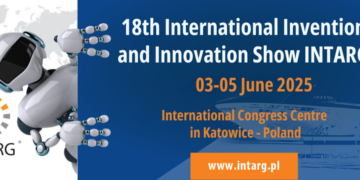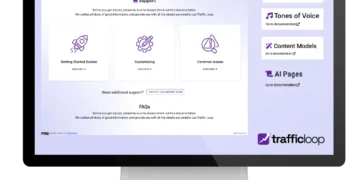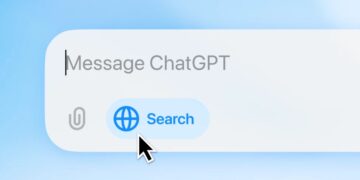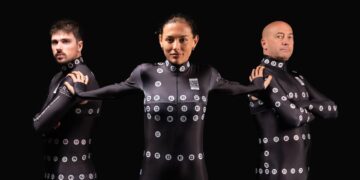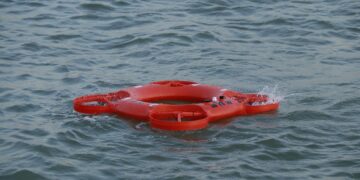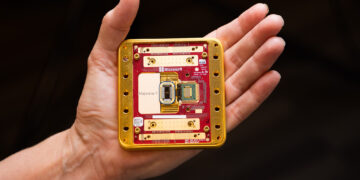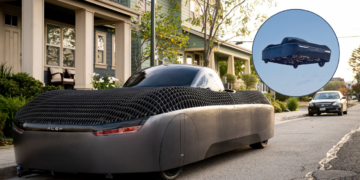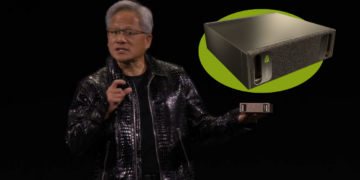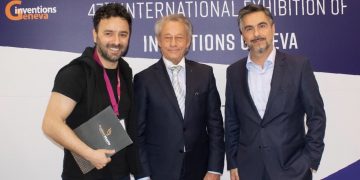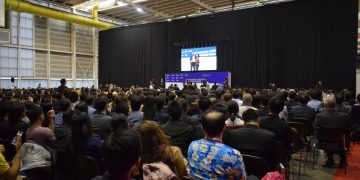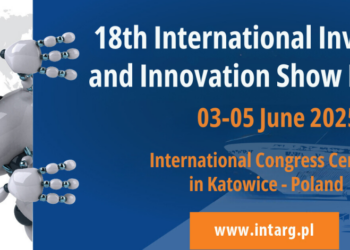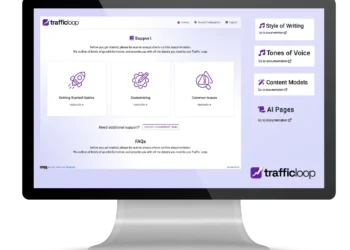From the mind of Daniel Ek, founder of Spotify, comes the start-up that is able to prevent diseases through an accurate diagnostic analysis of the patient’s body
From streaming music to research to improve the Swedish (and global) healthcare system: this is the path that entrepreneur Daniel Ek, founder and owner of the well-known Spotify, has been following in recent years. It was in 2018 when Ek, together with engineer Hjalmar Nilsonne, developed the first prototype of what we now know as Neko, at the time simply HJN Sverige: an artificial intelligence capable of ‘learning’ data about diseases and diagnosing preventive treatments.
After four years of development and over 30 million euros of investment, HJN Sverige changed its name and became Neko Health, the technological vanguard that aims to overturn the paradigms, now antiquated according to Ek, of traditional diagnostics.
Through a screening of about 15 minutes, Neko is able, according to its developers, to analyse more than 50 million pieces of data concerning skin, breathing and heartbeat, in order to provide an optimal and precise diagnostic picture of the patient’s health condition, so as to ‘anticipate’ any health problems not yet apparent. The cost? Between 150 and 180 euros.
“We have to treat our bodies like we treat our cars,” explains Daniel Ek.
“Constantly reviewing our body, monitoring its changes and anticipating illnesses is crucial, we must not wait until we fall apart to take action, finding ourselves dealing with issues that have become, then, unsolvable. With Neko it will be possible, with the support of specialised doctors, to have a structured diagnostic of our current state of health, so that we can move ahead of different problems.”
Neko is able, with its artificial intelligence and machine learning principles, to ‘learn’ and improve through new cases analysed, through data input by the supporting medical staff, improving exam after exam. It took four years to successfully complete the development phase but now, according to Ek, the prototype is ready for launch.
Author: Alessandro Volpe


